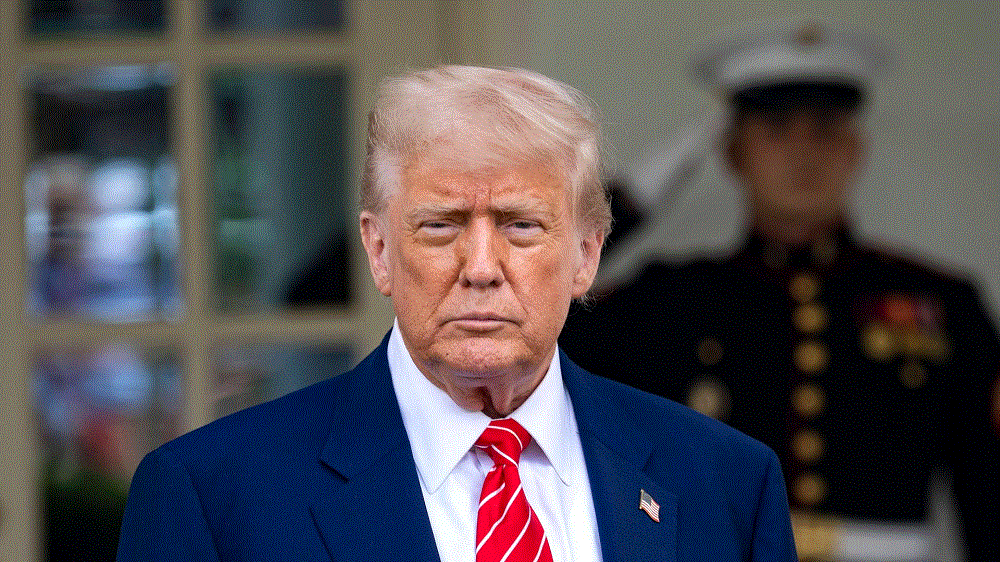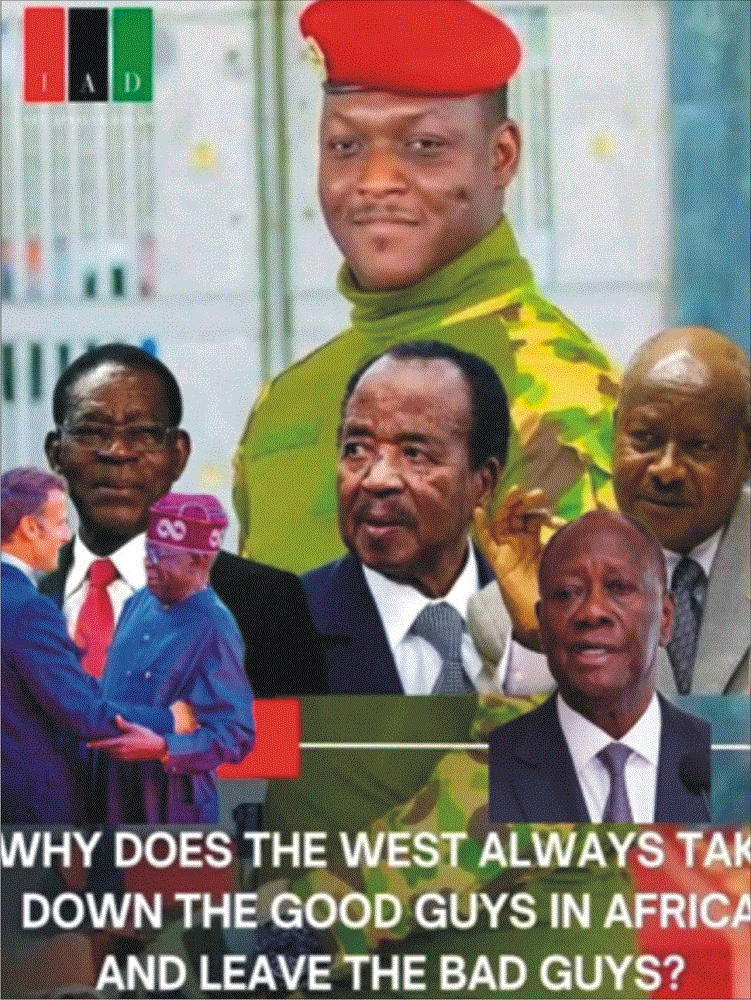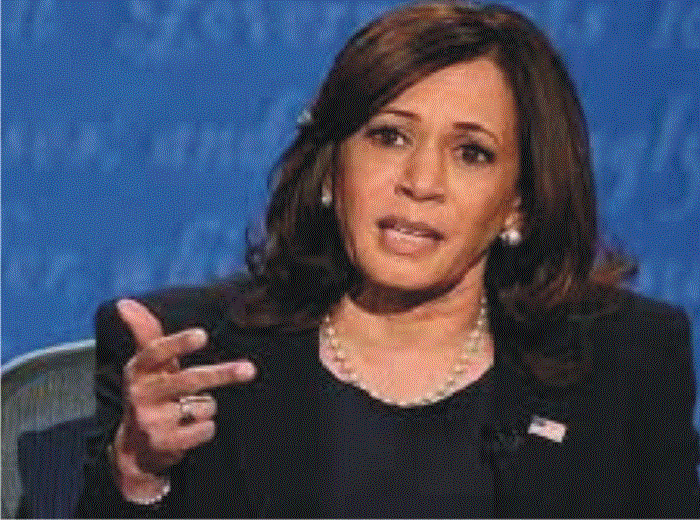Hidden debt scandal could alienate Angola from investor community
By Pedro Agosto’
As Mozambique cracks the whip on officials and cronies allegedly involved in the multibillion-dollar debt scandal, string indications of deals between Angola and global companies involved in the scandal is increasingly bringing to question the credibility of President Joao Lourenco’s already-debatable drive against corruption and presents Angola as risky for foreign investors.
The direct involvement of the Lourenco, who was the Minister of Defense when the transactions at the centre of the emerging controversy were carried out, makes the revelations even more damning to his government and his quest to rid the oil-rich nation of rampant graft and address economic decline.
It has emerged some engagements were during his tenure as president. He has been in power since September 2017.
EXX Africa, the business risk intelligence firm, has unearthed indications that the Ministry around the same time as the US$2 billion debt scandal emerged in fellow ex-Portugal colony Mozambique.
Between 2013 and 2014, Mozambique state-owned security companies borrowed from some international financiers but the government only disclosed most of the debt in 2016.
According to findings by EXX Africa, Angolan Ministry Defense reached a €495 million contract to buy ships and maritime construction capacity from Privinvest, in a contract strikingly similar with ProIndicus and MAM, the companies at the center of the ‘hidden debt’ scandal in Mozambique.
Among other prominent transactions, it has emerged that in 2015, Simportex – a company of the Angolan Defense Ministry, which entered into a partnership with Privinvest, signed contracts, totaling €122 with Finmeccanica, now called Leonardo SpA, for acquisitions that Privinvest is said could have made itself.
In December that year Simportex apparently signed contracts equivalent to for the purchase and sale of equipment, substitutes, and to provide installation and training to equip a national center and three regional maritime coordination centers, as well as to install several control stations, replicators of signal and means of communication in the Angolan coast, according to EX Africa.
It also included the reported purchase and sale of two ultra-fast patrol vehicles, spare parts, tools and training services between the Ministry of National Defense and the company Whitehead Sistemi Subacquei SPA, with local currency equivalent to €7,3 million.
In the same year, Angola entered another agreement with the French subsidiary of Privinvest, CMN, to provide a hydroelectric project but the scheme never materialized to date.
In addition to the agreements, there are indications of a relationship between Lourenço and ProIndicus. Sources reported that during his tenure as minister from 2014-17, he visited the Mozambique project to secure a similar package for his country.
Investigations ascertained a broader network of individuals and entities were likely to have been involved in the relationship. The name of former Vice-President Manuel Vicente has again cropped up.
In June 2017, a Portuguese court ruled that Vincente should face trial over bribery allegations he bribed a magistrate with $810 000 in order to shelve investigations into his deals at the named Sonangol Group, the oil firm he headed between 2009 and 2012.
Local analysts concurred with EXX Africa that indications of deals secured by Angola raised serious doubts about the credibility of Lourenco’s anti-corruption drive, embarrasses the president and risk and undermines the country’s prospects as an investment destination.
Lourenco’s campaign has largely culminated in a purge of family members of his predecessor, Jose Eduardo dos Santos, and government officials linked to the former president.
“The revelations of links with companies synonymous with Mozambique’s debt crisis indicate Angola might have a similar problem brewing, equivalent if not deeper than Mozambique’s,” said analyst Miguel Sanz.
A2 Global Risk, the think-tank, stated that questions had been asked why the government has excluded certain figures from the clampdown, which seemed at odds with Lourenco’s public rhetoric.
“With politically exposed persons who have moved to the new administration still likely to dominate Angolan businesses until Lourenço’s efforts bring returns, where does this leave foreign companies seeking investment opportunities in Angola?” the firm asked rhetorically.
EXX Africa stated that besides possibly embarrassing Lourenço and undermining government’s anticorruption platform, mounting evidence risked straining relations with relations with the International Monetary Fund (IMF).
Last December, IMF approved a three-year $3,7 billion loan seen as a boost to revive an economy facing a decline owing to the global upheavals in the oil sector. Angola’s economy is overly-reliant on oil.
Angola’s is struggling to control its foreign and domestic debt, which is estimated at nearly $80 billion.
IMF and foreign donors cut off support to Mozambique. It sparked a currency collapse and the Southern African country defaulting on sovereign debt.
In recent days, a son former President Armando Guebuza, the ex-head of Mozambique’s intelligence services and the chairmen of three firms linked to the debt scandal were among several individuals arrested for their alleged roles. These beleaguered chairmen were ex-members of the State Security and Information Service (SISE)
President Felipe Nyusi last week dismissed Deputy Minister of Economy and Finance, Maria Isaltina Lucas, for her alleged involvement.
Former Finance Minister, Manuel Chang, has been held in South Africa since he was arrested in December.
Mozambique and the United States have both want him extradited to the respective countries.




